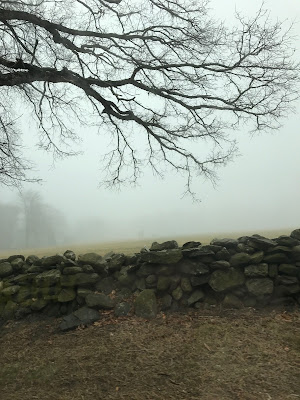Don’t let your hearts be troubled.
Believe in God. Believe also in me. In my Father’s house are many homes.
If it weren’t so, I would have told you. I am going to prepare a place for you. If
I go and prepare a place for you, I will come again, and will receive you to
myself; that where I am, you may be there also. You know where I go, and
you know the way.”
I will not leave you orphans. I will
come to you. Yet a little while, and the world will see me no more; but
you will see me. Because I live, you will live also. In that day, you will
know that I am in my Father, and you in me, and I in you.
Peace I leave with you. My peace I give
to you; not as the world gives, I give to you. Don’t let your heart be
troubled, neither let it be fearful.
John
14:1-4, 18-20, 27
__________________
Thanks to all of you who followed along
with the Consolation Series this Lent! The blog's readership expanded
substantially, but being pledged to work with the most beautiful, comforting
passages of Scripture daily through Lent was the greatest pleasure. The rest of
my Lenten pledges didn't work out nearly as well. Following today’s passage, I will return to the blog's original subject matter and a more manageable posting schedule (at least one of each Sunday's readings and, frequently, one or two more passages during the week). The full set of Consolation Series posts will remain available
indefinitely. Thanks again, and happy Easter and Passover!
















